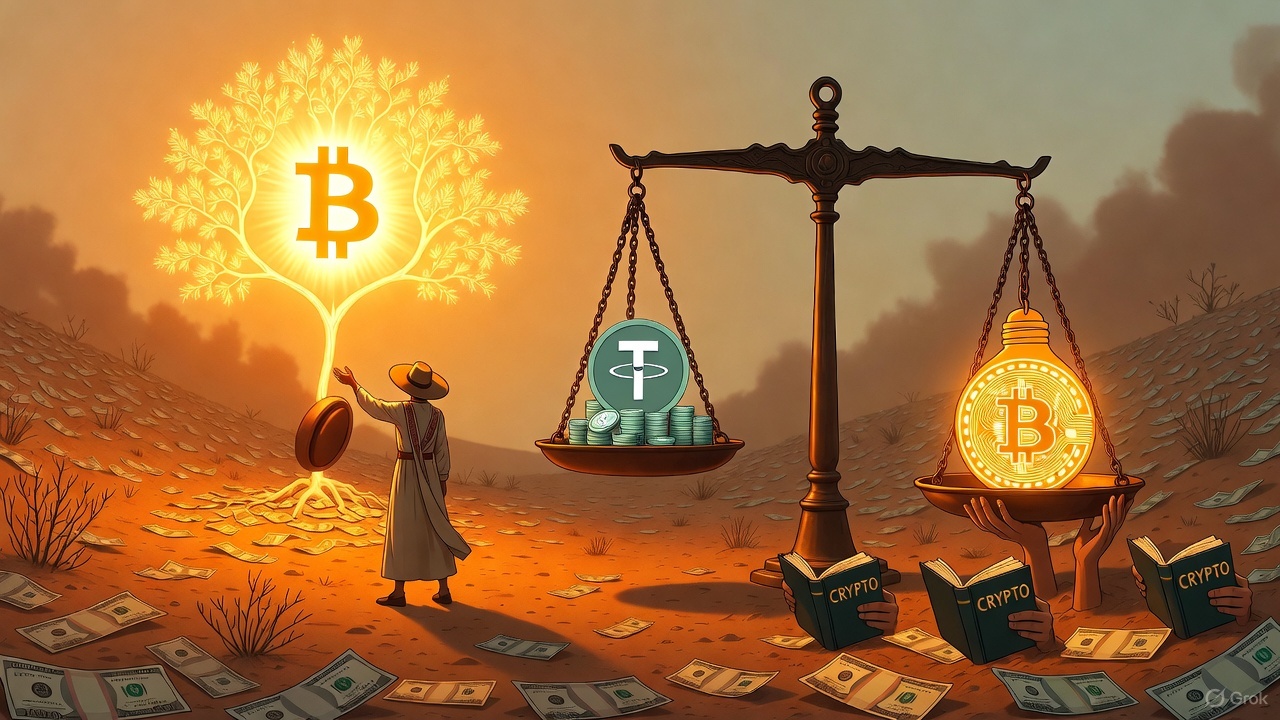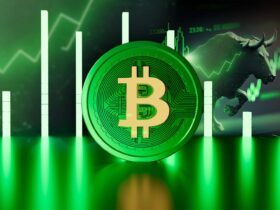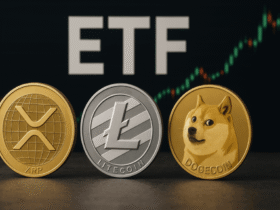Venezuela promoted Bitcoin since 2012 against inflation and controls.
USDT dominates the market today, educating about wallets and exchanges, and facilitating the transition to BTC.
The biggest barrier to Bitcoin adoption is education. Understanding Bitcoin takes time. First, because no one teaches us what money is – and, furthermore, what money should be –. And, second, because you have to become familiar with new words and technical tools such as wallets, private keys, addresses, etc.
Naturally, this generates resistance. Until you need it. Venezuela, out of necessity, has been forced to learn and has laid the foundations for its bitcoinization.
Venezuelans know well that necessity is the mother of all inventions, as Plato said. From very early on, the need for a refuge against inflation and a means of payment that would allow them to access the international market, given the exchange controls imposed since 2003, led Venezuelans to cryptocurrencies.
The pioneers of Bitcoin in Venezuela
There have been mining farms in Venezuela since 2012, perhaps even earlier. The electricity subsidy made generating BTC almost free for many. In that same year, the Bitcoin Venezuela Foundation emerged, which was key to the meeting of the first enthusiasts.
By 2014, SurBitcoin would be founded, the first exchange in Venezuela, which reached 30,000 users at its peak, and which would later cede its leadership to LocalBitcoins, a Finnish p2p platform that had its highest volume of exchanges in Venezuela.
In 2015, CriptoNoticias was founded in Venezuela to solve the problem of the lack of quality media in Spanish, specialized in the niche. Today it is the most reputable Bitcoin newspaper in the Spanish-speaking world.
Soon, Bitcoin began to be used by Venezuelans abroad, who sent remittances to family and friends; by employees of foreign companies, who could receive their salaries in hard money; by an incipient generation of traders, who arbitrated between the price of bitcoin and the national currency, providing liquidity to the market; by savers who rushed to exchange their inflationary salary in bolivars.
Although in previous years there were certain frictions for Bitcoin users, in 2017 they intensified.
They closed Surbitcoin’s bank accounts and arrested one of its workers. A week later, four miners were arrested for the alleged crime of electrical theft. Then, they closed and dismantled a mining plant in the city of Valencia, where up to 11 thousand pieces of equipment were located. During those same days, the police arrested two brothers from Caracas who were selling miners in MercadoLibre.
They were months in which using Bitcoin felt like something illegal, without there being any laws about it. Months during which a distrust and fear was sown that still underlies the psychology of Venezuelan bitcoiners today.
Venezuela today would be a global Bitcoin mining power if it had not been for the extortions and confiscations of the country’s miners.
The apparent perestroika of bitcoin in Venezuela
For better or worse, in relation to these cases or perhaps for another reason, that same 2017 the government understood for the first time the potential of cryptocurrencies in the country. They declared that the persecution against the miners would cease, they announced the ICO of the failed Petro project and the Superintendency of Cryptoactives of Venezuela.
By that time, a good percentage of the population that had never heard of cryptocurrencies found out. But, as happened in El Salvador, many ended up associating it with something governmental.
The Petro, rather than promoting the understanding of cryptocurrencies, sowed semantic confusion: many Venezuelans assimilated the concept of ‘cryptoactive’ with a centralized state policy, which It delayed the understanding of Bitcoin’s decentralized model. Even so, many tried to take advantage of the opportunity that apparent regulatory clarity opened up.
In 2018 we saw how Venezuela became a global pioneer in the creation of regulations and government bodies linked to cryptocurrencies. So much so that abroad Venezuela was spoken of as the “CryptoNation”. The Venezuelan has probably been one of the first States to mine Bitcoin, promising even a national pool.
Between 2019 and 2021, the adoption seemed unstoppable. Points of sale for Bitcoin arrived in the country. Chains such as Locatel, Pizza Hut, Rattan, even the Caracas Metro, accepted payments with bitcoin. The UN and Chainalysis placed Venezuela in the third place with the highest global adoption of Bitcoin.


Back to the dark
Again, the momentum was curbed in 2023, moment when Bitcoin adoption in Venezuela entered a second dark era. Following the PDVSA-Cripto corruption case, national exchanges were ordered to cease, businesses stopped accepting payments, legal mining was suspended, and seizures restarted.
The industry was suffocated to such an extent that, after being in third place in global adoption, today it is at number 18according to Chainalysis. Bitcoin was once again stigmatized. Many of these Venezuelans had no choice but to leave the country, but thanks to their years of experience, they continued working in companies in the industry, or even founded world-class companies, such as the case of Ledn.
Today almost all of the most important bitcoin companies in the world have Venezuelans in their ranks. Others stayed and promoted Bitcoin even in uncertainty, such as the BT&C Academy of the Andrés Bello Catholic University, and with small clandestine mining operations.


In parallel with the decline in the public adoption of cryptocurrencies, the country’s dollarization process occurred. There was an honesty on the part of the government about the fact that the Venezuelan economy was factually dollarized, using the US currency as the unit of account. However, it is difficult for a country sanctioned by the United States to have free access to cash, which produces a shortage of banknotes.
The turn towards USDT
It is in this context that USDT found fertile soil to be adopted in the countryintroduced by the government in its auctions for companies. In general, most Venezuelans have always held the US currency in high regard. The loss of value of the dollar, due to the issuance of 3 trillion dollars in the last five years, has not been internalized in the imagination of the majority of Venezuelans, who seem to trust that this currency is exempt from depreciation.
Today USDT surpasses the place that bitcoin had in the past in Venezuela. In a short time, USDT came to comprise 47% of transactions under $10,000 in the country. The promoter of Mobile Payment is working to integrate it into national banking. Large companies in the country already include the stablecoin in their accounting and daily financial operations.
Bitcoin, in this context, is not doing anything in the country. Venezuela deviated from bitcoinization.
While the largest players in the financial world, such as BlackRock or JPMorgan, are accelerating their adoption of bitcoin, in tune with the accumulation of the United States, Venezuela is choosing the path of using a digital version of the dollar. And, as we know, this currency is not only affected by the Federal Reserve’s poor monetary policy decisions, it is issued and controlled by a company that can freeze funds at any time.
USDT is the prologue to bitcoinization
However, seen another way, USDT adoption is not the end of bitcoinization, but its prologue.
Digital dollarization forces companies and users to learn what was previously unknown: safekeeping keys, using exchanges, understanding traceability. This technical and psychological learning prepares the ground so that, when the country needs monetary sovereignty again, the jump to Bitcoin is culturally possible.
The adoption of USDT generates less resistance, because you do not need to understand what money is or what Bitcoin is to choose to use it. We can see it as a way to start exploring this technology from a familiar place. In other words, this adds to all the accumulated knowledge about Bitcoin and cryptocurrencies that Venezuelans have on their shoulders, which is the baggage of the last thirteen years.
It is likely that the use of USDT in Venezuela will be permitted by the United States for as long as the financial information that the country is leaking is useful to its government.
So when the need arises again, Bitcoin will be available for a more mature Venezuela with more experience in technologyreminding you of the importance of having neutral, uncensorable and free money.






Leave a Reply